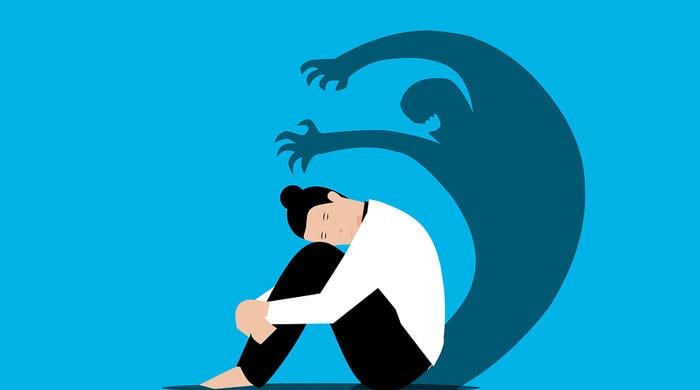Tips & suggestions for a good night's sleep
Seven hours or more of sleep is recommended for most healthy adults but these aren't hard and fast rules
February 06, 2024

Sleep is just as crucial for good health as nutrition and exercise because it is essential for brain function and a good mood in general. But how many hours of sleep is necessary for a healthy cycle?
Seven hours or more of sleep is recommended for most healthy adults, but these are guidelines, not hard and fast rules. While some people may require more than seven hours, others may require less.
Some people feel rested even after obtaining eight or nine hours of sleep each night, while others feel rested after only five hours.
What is sleep quality?

Individual variances are mostly caused by the fact that we frequently see sleep incorrectly because rather than concentrating just on the quantity of sleep we get each night, we also need to think about the quality of our sleep.
The quality of your nighttime sleep is what's referred to as sleep. Did you get a full night's sleep? Or did you ever wake up during any periods? If so, how long did it take you to drift off to sleep? When you woke up, how did you feel?
All these factors determine how well-rested you wake up in the morning as sleep quality matters as much as the quantity.
Why is sleep quality essential?
Good sleep is essential to our general well-being as poor sleep quality has been linked to an increased risk of diabetes, heart disease, stroke, and mental health conditions like sadness and anxiety, according to research.
However, it's common for individuals' sleep habits to alter with age. For example, many people will no longer sleep the same way in their 50s and 60s as they did in their 20s.
These alterations are mostly age-related. For example, your circadian rhythm, which controls several body processes, including our sleep-wake cycle, may naturally alter with time. As a result, fewer people experience the healing benefits of slow-wave sleep each night.
How can you sleep better?

1. Maintain your sleep schedule:
Every day, including weekends, set a consistent time to go to bed and wake up. Maintaining consistency helps your body's circadian rhythm.
After going to bed, if you haven't fallen asleep after around twenty minutes, get out of your bedroom and do something soothing like reading a book or put on some calming music.
2. Be careful of your eating/drinking habits:
Avoid eating heavy or large meals, in particular, a few hours before going to bed as the uneasiness could keep you awake.
Avoid drinking alcohol, caffeine, and nicotine should all be used with caution as they can have stimulating effects that take hours to wear off and might disrupt sleep.
3. Create a restful environment:
Maintain your room to be quiet, dark, and cold. It could be harder to fall asleep in the evenings if you are exposed to light.
Also, avoid using light-emitting screens for extended periods of time right before bed.
4. Limit daytime naps:
Prolonged naps during the day can disrupt your sleep at night. Avoid taking naps in the late hours of the day.
5. Manage worries:
Managing stress could be beneficial so begin with the fundamentals, including organising yourself and establishing your priorities.
If the above-mentioned precautions still aren't helping you with your sleep, then it’s recommended to speak with a doctor who can assist you in ruling out conditions like acid reflux or high blood pressure that can disrupt sleep, as well as sleep disorders like sleep apnea.











